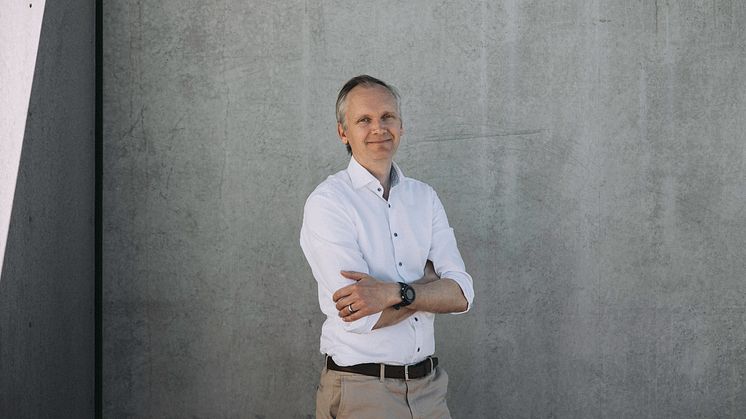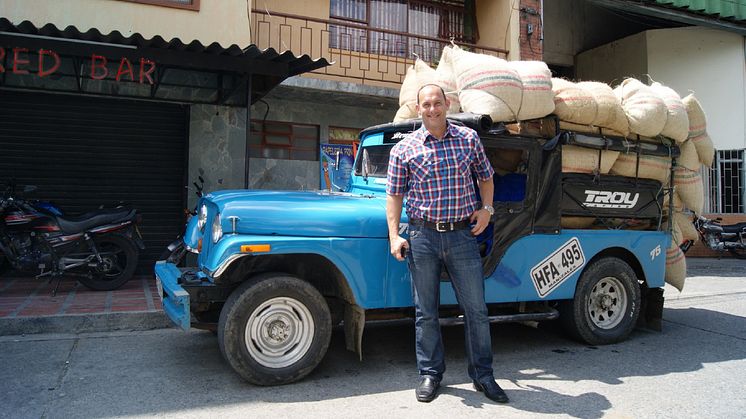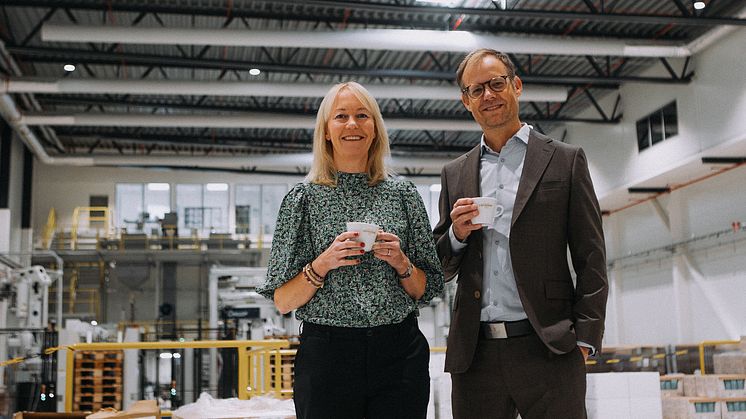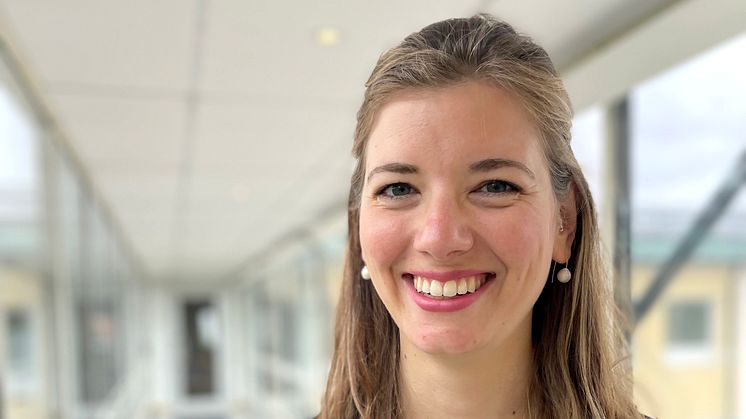
Blog post -
"Fair trade a driving force for sustainable development"
A fair growth on commercial terms, where fundamental human rights are respected, is a prerequisite for sustainable development, and to contribute to a more fair, performance-driven and transparent value chain is at core in our sustainability work. We aim to be a driving force when it comes to creating better possibilities for coffee farmers and their communities around the world. But we are not only working in our own value chain, we also want to contribute to changing the entire coffee industry.
It originates in a disquieting trend around the world, where many actors are going into survival mode, lowering their guard and risk starting to tamper with human rights. Migrant workers, the ones who harvest the coffee, are often the most exposed. It is important to find fair conditions in that form of employment, to ensure that they get the rights they are entitled to.
The commercial terms also play a part. The fair trade is the driving force of creating more sustainable prerequisites. When it is affected by for example inflation, many people risk losing insights regarding solvency and the financial capacity. This is where the financial leg of sustainable development is important. If sustainability becomes a luxury product, accessible to those who can pay for it, nothing has been gained. Preserving the commercial understanding and the commercial foundations is extremely important.
In the traces of the pandemic and the freight problems of the last year, we have had to work on a smaller part of the market, which has made access to the whole certification system – and in the end, coffee of good quality – smaller. Thanks to our long-standing relationships with cooperatives, we have great knowledge on how to handle this and have managed
to spread out our risks. Another challenge connected to coffee from certified farms is the current high price of green coffee. It is good that the price for coffee is high, it means that the farmers are getting paid more. But it also means that the cooperatives have less incentives to certify their products. Then, the social and environmental benefits that the certifications bring are lost.
Besides certifications, we also believe in cooperation. Together we can make a difference when it comes to better livelihoods as well as sustainable conditions. That is why we, as the first roastery, has joined the platform Era of We, that results in a transfer of power in the value chain to the farmers and increases the value of their products.
Era of We is mainly about transparency, that everyone has to motivate their place in the value chain. You also get an increased understanding for the farmers’ challenges, both when it comes to climate challenges and the possibilities of carry on the work to the next generation. By raising the awareness, we raise the interest, which in its turn can increase value and the willingness to pay.
Ahead, we welcome the enhanced accuracy when it comes to human rights. That the EU and other government bodies are starting to make demands that all companies must respond to is important. We believe that highlighting these issues and making demands on risk-minimisation and increased transparency can make a big difference for a lot of people. It is about making the people, and their challenges, visible in the value chain.
Martin Löfberg
Chief Purchasing Officer, Löfbergs






